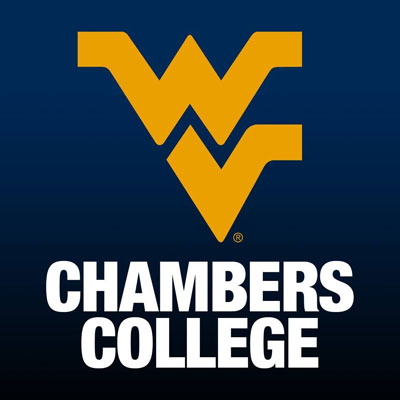What if college business students could go to one place where they could get supplemental tutoring for intensive classes, help in writing and speaking skills that will bolster achievement, and assistance in getting ready for the job they want? At West Virginia University’s John Chambers College of Business and Economics, it’s already happening.
When business school students at WVU came back from their holiday break to the spring semester, they found a newly revamped facility called the Academic engagement and Success Center (the AeSC acronym is pronounced “ask”), a center that features the kinds of assistance they need to not only excel academically, but will also propel them into their careers. The most unique aspect of the center is that it operates primarily with students helping students.
“Most college students who struggle with academics, communication skills or career preparedness don’t lack ability or intelligence” said Dr. Susan Lantz, director of Academic Engagement and Success. “They lack an understanding of the mechanisms behind success.”
Lantz explained that the center pools resources ranging from Chambers College academic assets to its Center for Career Development to top, successful students who are willing to tutor and engage with students looking for help.
“The Academic Engagement and Success Center pulls together separate academically-based programs that rely on peer-assisted tutoring, review and coaching skills to help our students become better scholars, writers, speakers and professionals-in-training, she said. “AeSC selects student leaders and trains them to run review sessions, coach students on how to seek jobs, become better communicators and model help in successful student behaviors. We also coordinate relationships between Chambers College freshman students, our faculty and the Adventure West Virginia Program.”
Lantz said there are three major components of the center: the Neidermeyer Scholars Program, the Business Communication Center and the Career Studio.
“The Neidermeyer Scholars Program is designed to improve retention. Using Supplemental Instruction best practices, we identify traditionally challenging undergraduate business courses. Currently, this includes Accounting 201, Economics 201 and Statistics,” Lantz said. “We embed a student into the course who has already received an A in the course, and we have them run at least two review sessions per week for the students currently taking the course.”
Khadidija Diouf, a junior majoring in Global Supply Chain Management and student ambassador at the John Chambers College of Business and Economics, is pictured in the AeSC Center. The center, offered to WVU business students, provides students with tutoring, career coaching and assistance with business communication skills.
Khadidija Diouf, a junior majoring in Global Supply Chain Management and student ambassador at the John Chambers College of Business and Economics, is pictured in the AeSC Center. The center, offered to WVU business students, provides students with tutoring, career coaching and assistance with business communication skills.
Dr. Elizabeth Tomlinson, teaching associate professor of marketing and director of the Business Communication Center in AeSC, said students benefit from learning and polishing communications skills, which elevates the impressions they present and their confidence.
“The Business Communication Center offers writing and speaking help to all students in the Chambers College at both the undergraduate and graduate levels. We partner with sections of our Business Communication classes for out-of-class tutorials to support specific written and oral communication tasks,” Tomlinson said. “The BCC also provides workshops and consultations in Adobe Photoshop and Illustrator, as well as in other communication-related topics.”
The Career Studio is comprised of student coaches who have excelled in their career preparation through valuable internships, experiential learning projects, academic activities and other accomplishments that have made them outstanding job candidates.
“The Center for Career Development has carefully chosen peer career coaches who can guide their fellow students through the career development process,” said Sarah Glenn, associate director of the Center for Career Development at the Chambers College. “We offer peer-led and informal coaching in the areas of career and industry exploration, basic interview techniques, professional document creation and review, and job search strategies. The goal is to help students understand what it takes to be career-ready and to establish their professional goals early in their academic careers.”
Lantz said the AeSC Center is an important resource for students as they navigate their collegiate careers.“When we were thinking about the evolution of AeSC, which was previously the Business Learning Resource Center, we wanted students to have the best resources we could provide,” she said. “The resources we offer students at AeSC are not only designed to help them be better business students; they’re designed to help them be the best students they can be.”

